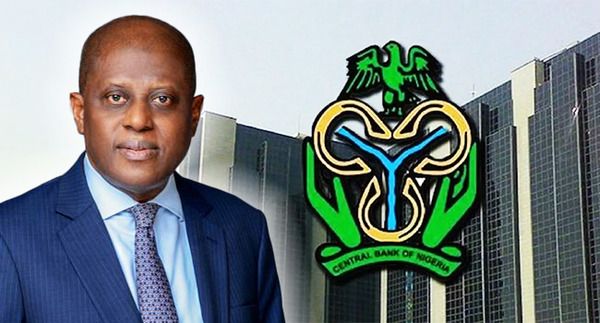- 5.5% GDP growth rate achievable, says NESG
The Governor of Central Bank of Nigeria (CBN), Olayemi Cardoso, has announced the establishment of a new Compliance Department in the apex bank, which he said, would become operational by the end of February.
Cardoso, who disclosed this yesterday in his keynote address at the launch of the 2025 macroeconomic outlook by the Nigerian Economic Summit Group (NESG), said that the new department was aimed at “building a more transparent and resilient financial sector that can drive Nigeria’s economic growth and development.”
According to him, “the CBN has taken the transformative step of setting up a Compliance Department with the objective of addressing past challenges, aligning with global standards, and building a more transparent and resilient financial sector that can drive Nigeria’s economic growth and development.
This department will be inward facing and outward-facing as well. The department will be functional by the end of February, so I advise you to stay tuned.”
He noted that the policy measures introduced, when he and his team assumed office in October 2023, had begun to yield the desired result as foreign investors are now showing a keen interest in the country.
Specifically, he said that the apex bank’s initiatives such as the Foreign Exchange (FX) code and the Electronic Foreign Exchange Matching System (EFEMS), would boost market efficiency and transparency.
Cardoso emphasised that the CBN would strengthen its mechanisms to constantly monitor market participants, ensuring that all those who are in the market are subjected to the best practices while those who fail to conform “will be appropriately dealt with.”
“We will also prioritise exchange rate stability to foster a more competitive business environment, encourage the inflow of foreign investment, and, in addition, support fiscal operations in critical sectors of the economy. The CBN will continue to strengthen financial institutions to enable them to effectively support the real sector,” he said.
He pointed out that while the forex measures have led to the weakening of the naira which has created difficulties for Nigerians, given the country’s import dependent economy, the local currency had become more competitive thereby presenting an opportunity for investors.
As a result of the effectiveness of the measures, he said the apex bank was projecting a Gross Domestic Product (GDP) growth rate of 4.17 per cent for the economy this year.
He also said that the CBN has projected that inflation will decline this year and that the current account surplus will be sustained on account of strong export growth and increased remittances. Cardoso, however, noted that coordination between monetary and fiscal policy will be key to the regulator achieving its key objectives.















